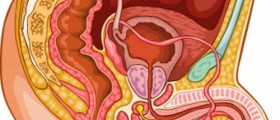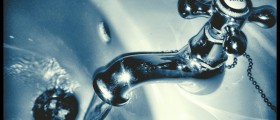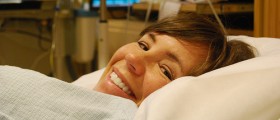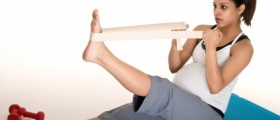
Postpartum incontinence is more likely to happen to women who delivered vaginally than those who had a c-section, and those with assisted (forceps or vacuum) deliveries suffer damage that causes incontinence even more often. Furthermore, women who are obese and those who have already had many children have a higher risk of developing female incontinence after birth. Fortunately, postpartum incontinence is a short term problem for the vast majority of ladies who struggle with this condition. Only a small percentage continues to have problems for years, in which case there may be permanent damage. If you suffer from incontinence, talk to your healthcare provider about how to alleviate it, and to find out the exact cause. Sometimes, in extreme cases, surgery may be needed to correct the problem.
In the meantime, here are some things you can do to make your life easier:
Frequently do Kegel exercises to strengthen your pelvic floor muscles. This can help improve the situation. Go to the bathroom more often to avoid leakages. Wear sanitary pads in case you do leak. Try quitting coffee and other drinks that contain caffeine. These make you pee more often.
















Your thoughts on this
Loading...